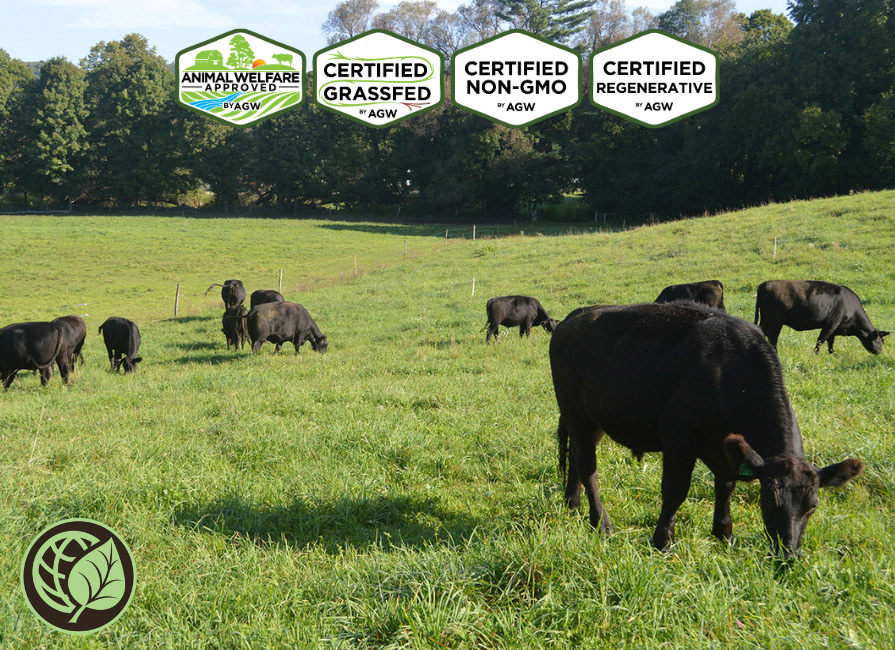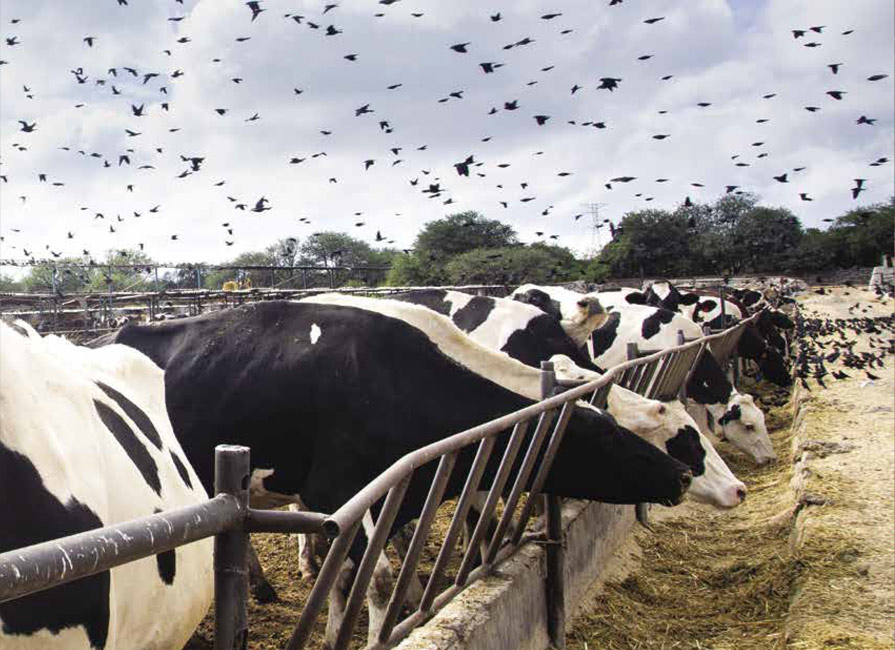One of the key attractions of our Certified Regenerative by AGW program is its practical…
Pesticides and Babies Don’t Mix: How much more evidence do we need?
 As if we needed any more evidence that pesticides are bad for human health, three independent scientific papers have provided some of the strongest evidence yet of the link between exposure to organophosphate (OP) pesticides and lower IQ levels among children.
As if we needed any more evidence that pesticides are bad for human health, three independent scientific papers have provided some of the strongest evidence yet of the link between exposure to organophosphate (OP) pesticides and lower IQ levels among children.
Published in the latest Environmental Health Perspectives journal, the results suggest that prenatal exposure to OPs can have a lasting and damaging effect on our children. Researchers from the University of California, Columbia University, and Mount Sinai School of Medicine all found that children exposed to higher levels of OP while in the womb were likely to have significantly lower intelligence scores by age seven than children who were not exposed.
The studies began more than ten years ago. Researchers at the University of California, Berkeley, for example, followed 329 children from before birth, testing urine samples of their mothers for OP residues twice during pregnancy and then after birth from the children at regular intervals between ages six months and five years, before testing the cognitive abilities of the 329 children at age seven. All three studies found evidence linking prenatal OP pesticide exposures with adverse effects on cognitive function that continued into early childhood. According to Brenda Eskenazi, who led the U.C. Berkeley team, the impact on intelligence levels found “could mean, on average, more kids being shifted into the lower end of the spectrum of learning, and more kids needing special services in school.” Stark findings indeed.
OPs are still one of the most widely used pesticides across the world. They are commonly used as insecticides on grains, fruit and vegetables, as well as to control parasites on farm livestock and pets, and for fly control in industrial and commercial premises. I’m sure the danger that OPs present will come as no surprise to some of you. After all, they were originally developed during World War II for chemical warfare as nerve gases.
But the fact that all three studies noted in the Environmental Health Perspectives reached this conclusion independently is highly significant – and will make the evidence even harder for Big Ag to ignore or dismiss: “As a group, these papers add substantial weight to the evidence linking OP pesticides with adverse effects on cognitive development by simultaneously reporting consistent findings for three different groups of children,” comments Hugh A. Tilson, editor-in-chief of Environmental Health Perspectives.
These disturbing results come hot on the heels of research published in the Official Journal of the American Academy of Pediatrics last year, which revealed that exposure to OPs could result in a higher risk of attention-deficit/hyperactivity disorder (ADHD) among children, covered in an AWA blog.
As with the three studies noted in the Environmental Health Perspectives, the children involved in the Pediatrics research were not from rural areas or farming families (who might come into direct contact with excessive amounts of OP on farms). Once again, the science clearly shows that that exposure to OP is potentially harmful to our children in all walks of life. It’s worth noting that there is also a known link between OP toxicity and depression and suicide.
Remember that this research is looking at the impact of a single family of pesticides on our health. Yet there is mounting concern about the so-called cocktail effect of multiple pesticides on our health – and particularly the health of our children. Dr. Vyvyan Howard, a pathologist at the University of Ulster, Ireland, specializes in toxicology and the cocktail effect of pesticides and food additives on the human body. He is extremely concerned about the combined health effects of modern chemicals, such as pesticides, many of which have only been around for the last 50-60 years. He warns that official safety limits are only based on the potential impacts of single pesticides. “There are no toxicological tests of chemical combinations, despite the fact that studies have suggested that their combined impact, or cocktail effect, can make their impact much more powerful,” he explains. As a result of his studies, Howard is a strong supporter of organic food.
So what is the answer? Well, the most important thing is that we all continue to eat a balanced diet – and that includes fresh fruit and vegetables. Giving up all fresh fruit and vegetables will do us – and our children – far more short-term harm than good, that’s for sure! But this research is further evidence that we all really do need to think about where our food comes from and, above all, how it is produced. It’s no longer safe to just sit back and eat.
We all have the ability to educate ourselves to ensure that we can make the right choices when it comes to feeding our families. And we can all vote with our wallets and force Big Ag to change its farming practices by choosing safe, nutritious, wholesome foods. If we all start doing it, they’ll soon listen.
At Animal Welfare Approved, we already prohibit the use of OPs on our farms for just these reasons. We are concerned about public health, but we are also concerned about the health of our farmers and their families, as well as farm animals. If you are unsure about whether or not your fruit and vegetables have been sprayed with OP insecticide, you should wash them thoroughly before eating them – using a soft brush, if possible. And if you can, always try to seek out meat, dairy and other products from programs like Animal Welfare Approved that prohibit the use of harmful OPs in farming. Together we can change agriculture for the better.


